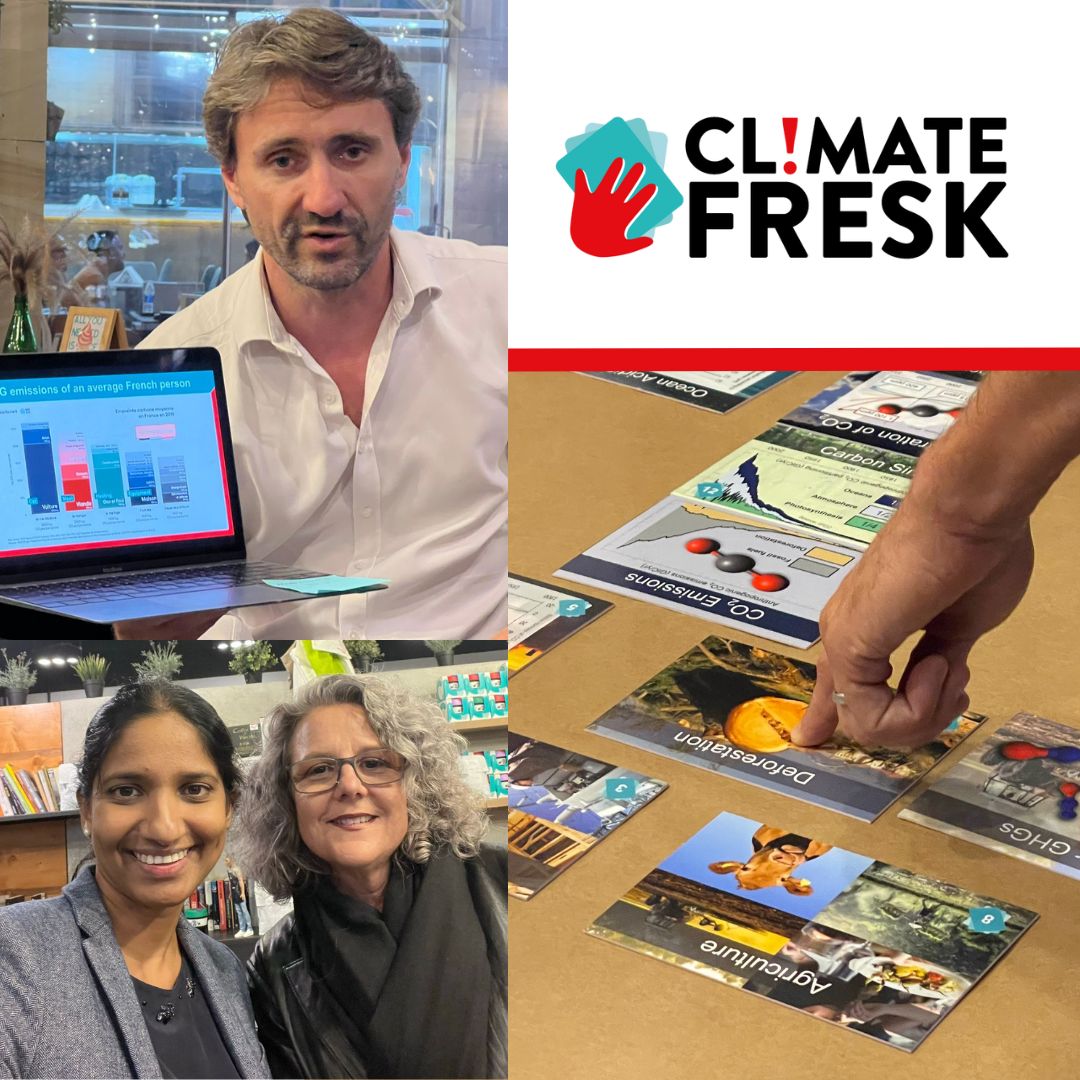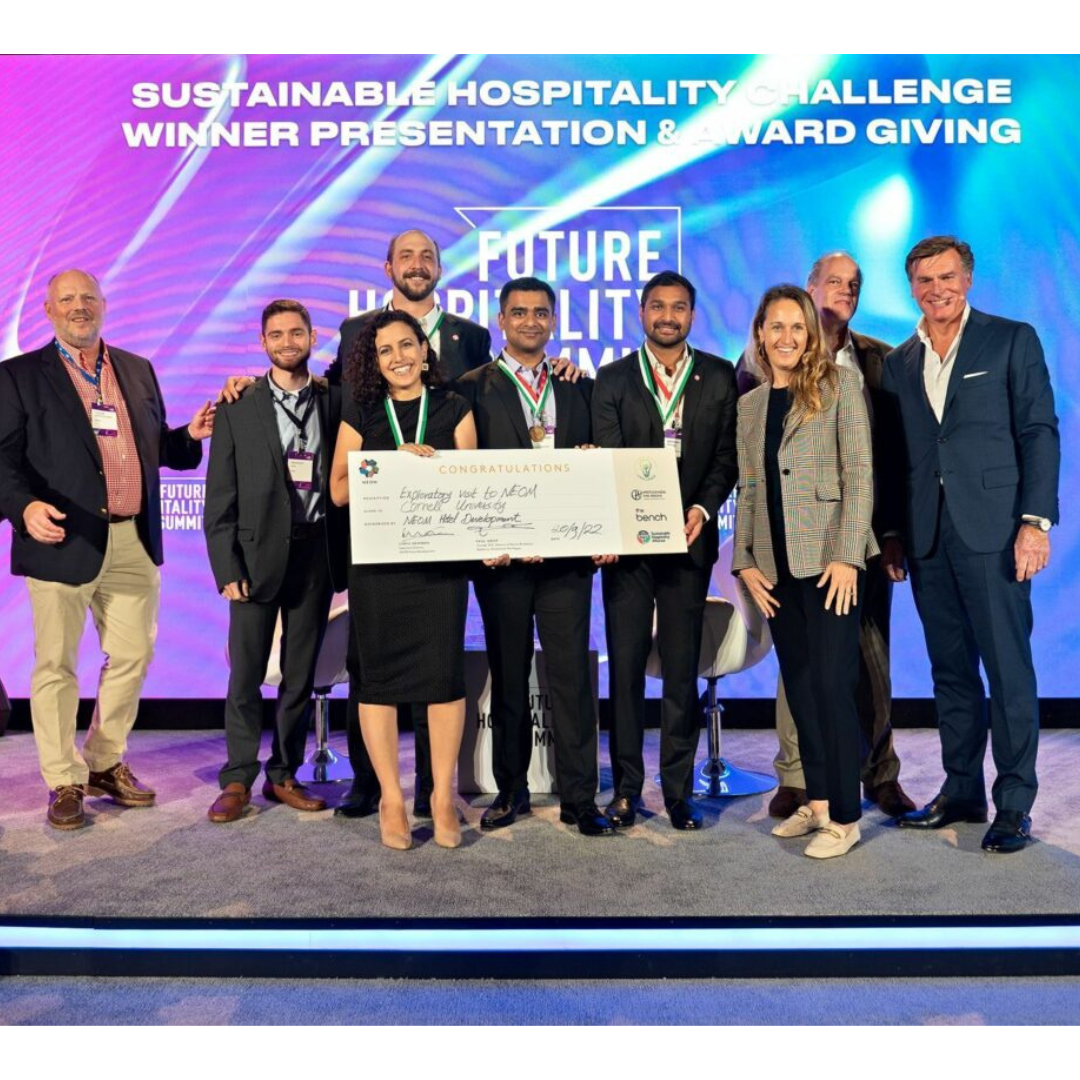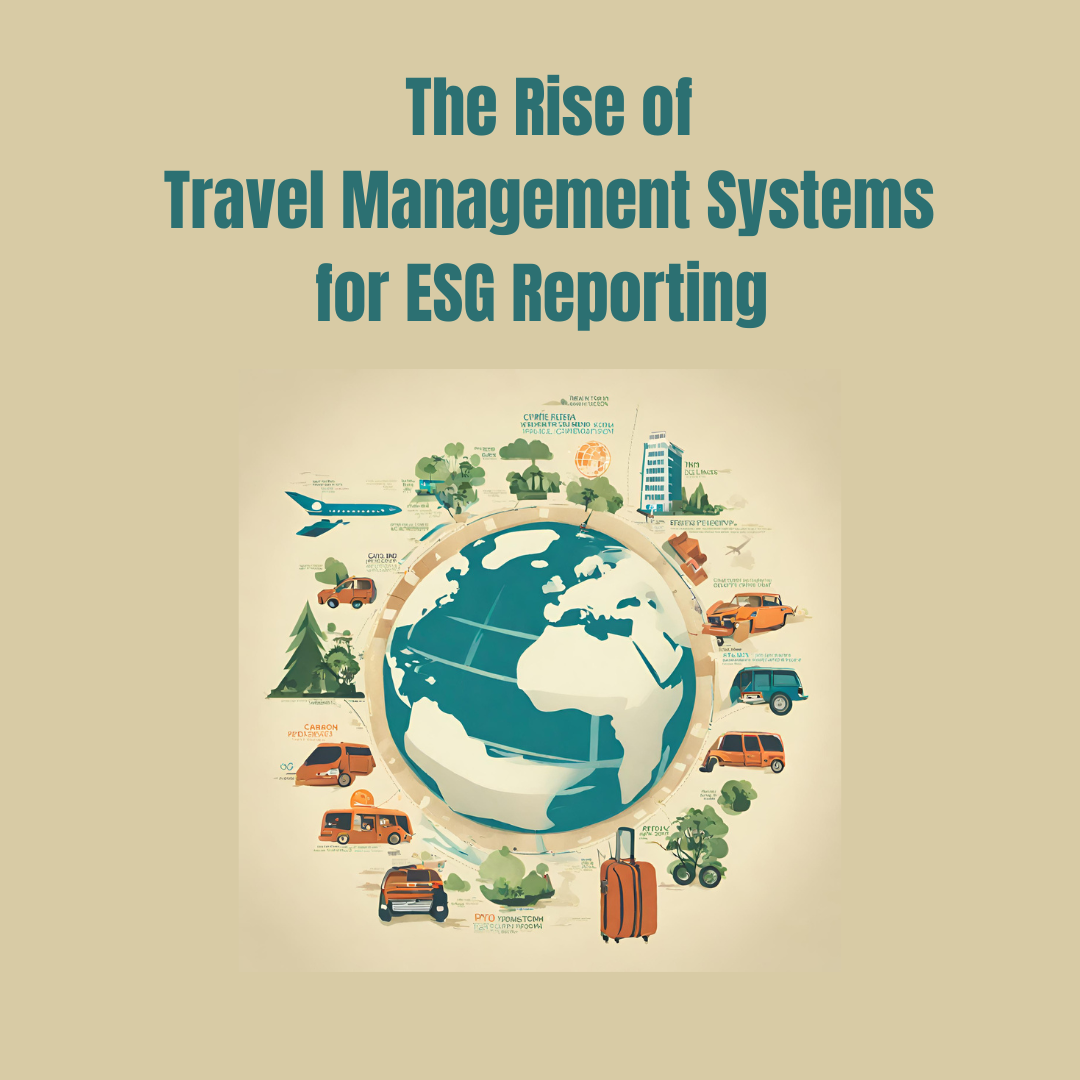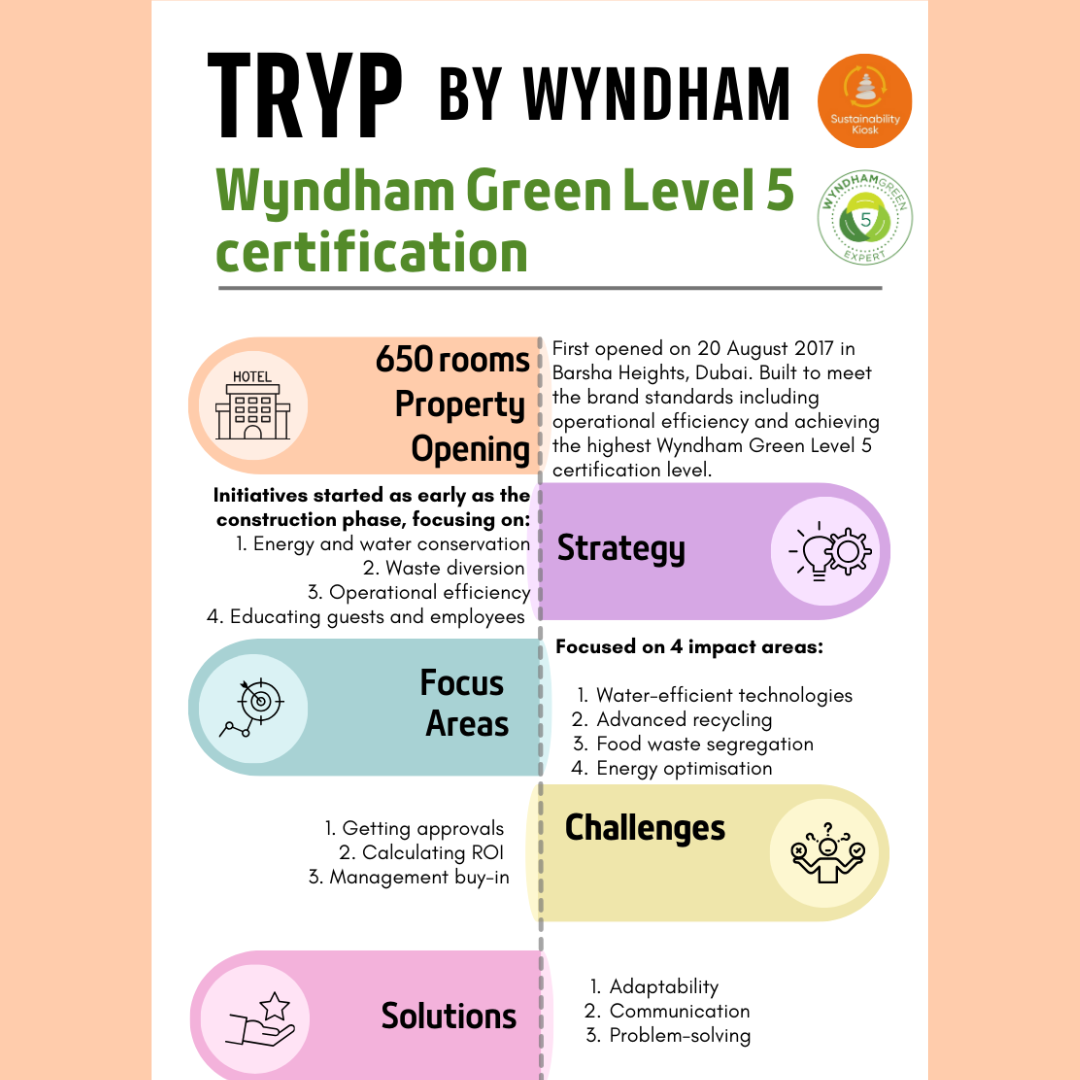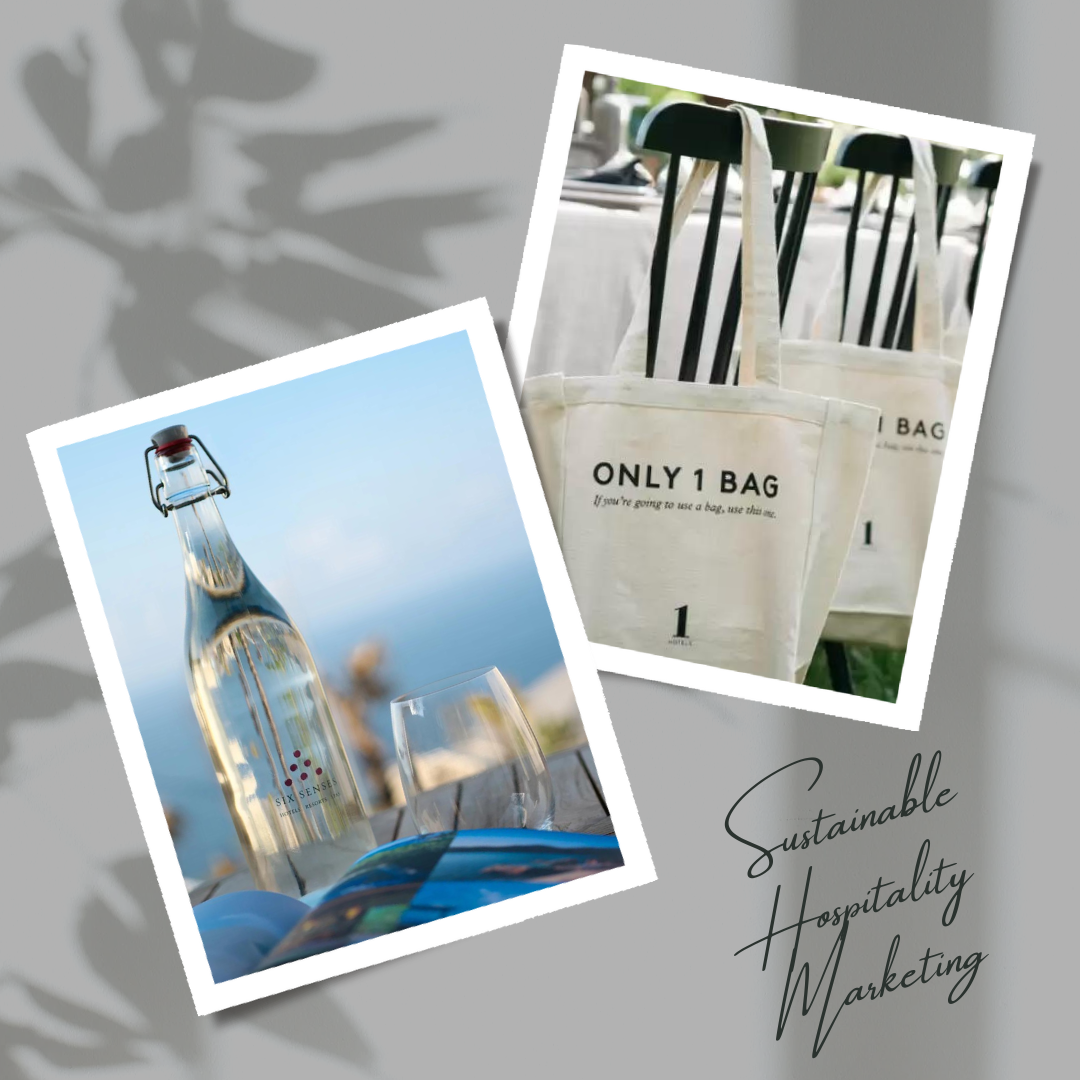Six Steps to Stopping Food Waste in your Business
Food waste is one of the most prevalent global challenges, and when food waste when disposed of in landfills, it produces harmful green house gases that contribute to global warming and climate change. Here’s how you can tackle food waste in your hospitality business.
Why is Food Waste an Important Topic?
According to UNFAO, one-third (1/3) of food produced for human consumption is lost or wasted globally, which amounts to about 1.3 billion tons per year. The 2030 Agenda for Sustainable Development found that this is now reducing, thanks to greater public awareness and public concern. Target 12.3 of the Sustainable Development Goals (SDGs) calls for a per capita reduction in food waste at retail and consumer levels and reducing losses along the production and supply chains. Reducing food waste and loss is critical in creating a Zero Hunger World, aligning with SDG 2 (End Hunger) and SDG 12 (Ensure Sustainable Consumption and Production Patterns).
Wasting food also means wasting production resources, like water, energy and labour. Large-scale food production impacts biodiversity, land use and pollution. Additionally, when food waste ends up in landfills, it creates methane production, a potent greenhouse gas. Witnessing the effects of food loss firsthand, such as during a summer of farming in India, underscores its significance for hospitality.
To raise more awareness, we organised an eventful trip for chefs and F&B professionals to Emirates Bio Farm (the largest organic farm in UAE), to witness daily loss of 1000kgs of food.
Food Waste in Hospitality
“Wastage” is a common term often heard in the hospitality industry. In the UK, 18% of food waste comes from this, with 1 in 6 meals is wasted. Wastage occurs in all areas of a hotel or restaurant establishment. Identifying, monitoring, and minimising wastage is essential for suitable operations.
Steps to Reduce Food Waste in Hospitality Operations
- Internal Engagement and Training Initiatives are Essential. Ensure the entire team is aware of the impacts of food waste. Involve back of house teams from the beginning, specially those who process waste,
- Performing a Waste Audit is Vital to determine where your waste is coming from. Establish a baseline for measuring success. It is estimated that up to 50% of food is wasted at the pre-consumer level, illustrating that operational adjustments can make vast savings. For guidance on getting started read more about waste audits.
- Monitor and Analyse Waste: It is imperative to know and understand the consumer habits of your clients and how many covers are in your restaurant.Track WHEN, WHERE, HOW and WHY waste is generated. Identify operational adjustments to make financial savings. Explore available food waste monitoring tools to see how tech solutions can help.
- Effective Purchasing & Storage: Implement a Green Procurement Policy to source locally and responsibly, minimising food waste and loss. Ensure proper storage and labelling, use food labels with name and expiry dates for freezer, the FIFO procedures and align food orders with occupancy to prevent spoilage.
- Preparation is Paramount: Being creative with offcuts, good knife skills, better menu engineering, menu planning, and portion control makes a difference.
- Introducing dedicated bins into prep areas for better management
- Flexible menu planning also allows for leftover food to be reworked into specials or staff meals.
- Dealing with Leftover food: Buffets can display smaller portions, replenished more often. Re-work leftover into specials or staff meals or donate (depending on local laws). Otherwise, donate, give for animal feed, compost, use anaerobic digesters, or aerobic digesters for remaining waste. During Ramadan, there is often an increase in food waste. Read our insights on how to tackle Ramadan food waste.
Customer Communication and Engagement
Certifications and Frameworks
There are micro certifictaion programs that provide frameworks and guidance on food waste processes. These programs help with establishing processes, monitoring, measuring metrics, and communicating the story to customers and media.
For more ideas, visit our shop to learn about sustainable food solutions you can leverage.These tools offer a variety of solutions and are a great resource, especially for organisations with large teams and operations.

